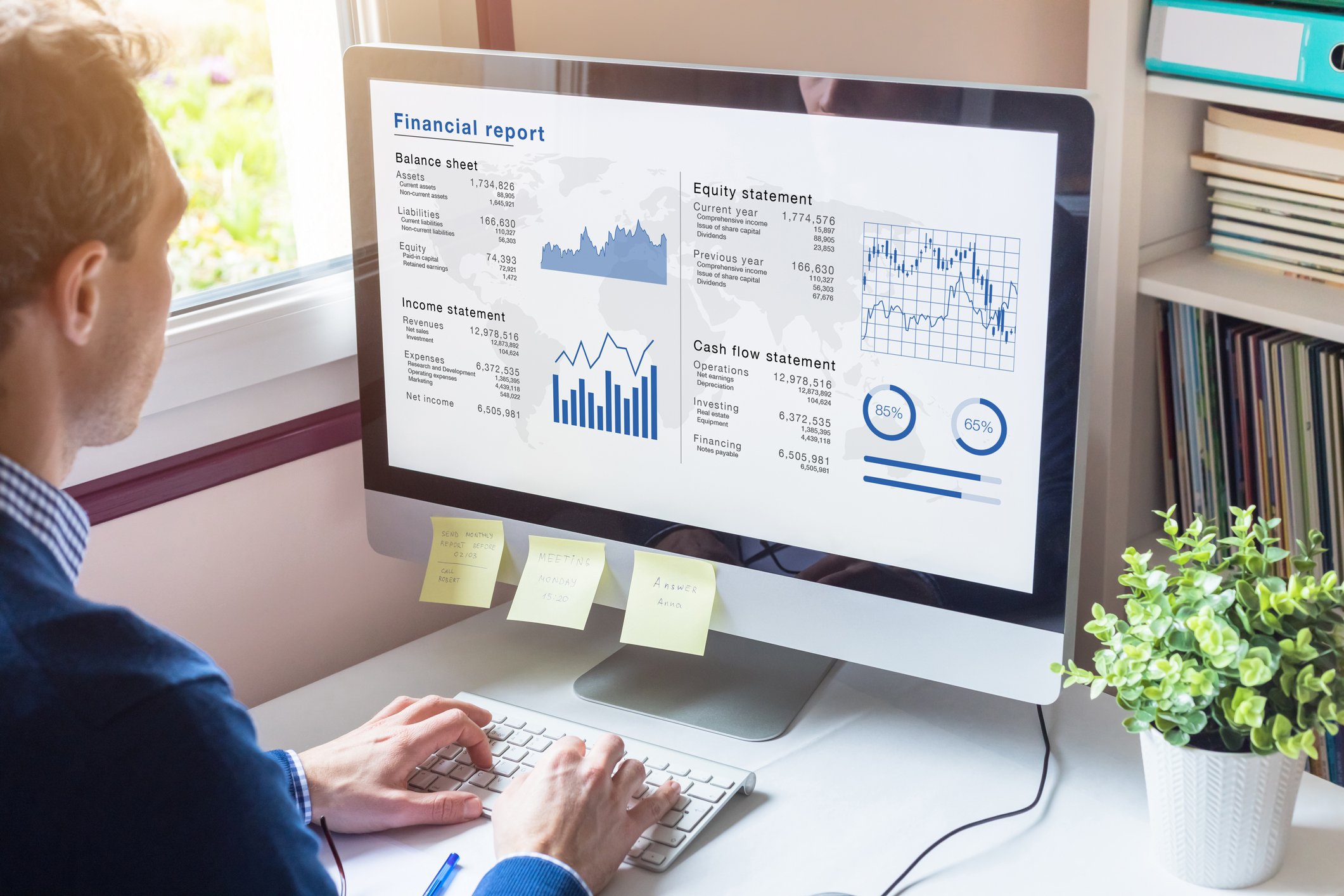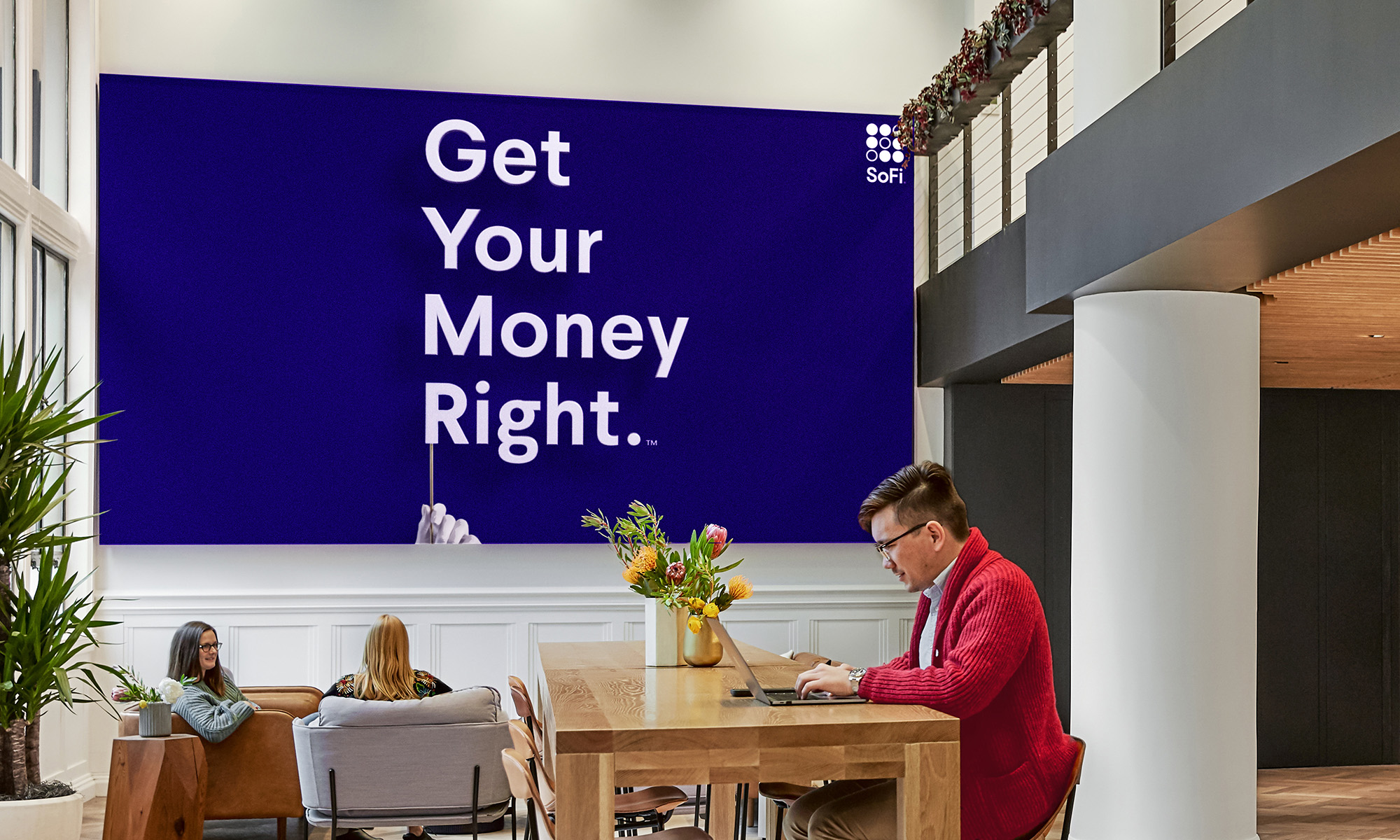The fourth quarter of 2019 wasn't an active one for Berkshire Hathaway (BRK.A +0.34%)(BRK.B +0.32%) in terms of stock purchases. Notable purchases included about $450 million worth of Occidental Petroleum (OXY 0.22%) and new stakes in Kroger (KR +0.91%) and Biogen (BIIB +0.58%) worth about $575 million and $200 million, respectively, as of this writing. There were a few other small purchases, but Berkshire had a relatively quiet quarter in terms of adding to its stock portfolio.
However, there was one stock that CEO Warren Buffett and his team spent $2.2 billion on -- more than Berkshire spent on the rest of its stock purchases combined: Berkshire Hathaway itself.

Image source: The Motley Fool.
Berkshire's record-high buyback pace
As I mentioned, Berkshire Hathaway spent $2.2 billion on share buybacks in the fourth quarter of 2019. This is the most Berkshire has spent on repurchases in any single quarter and is more than triple the $700 million buyback total from the third quarter.
For a bit more color, Berkshire bought back stock during three specific time periods during the fourth quarter:
- From Oct. 1 through Oct. 9, Berkshire spent $516 million at an average price of $204.07 per Class B share equivalent.
- From Nov. 11 through Nov. 29, Berkshire spent $1.23 billion at an average price of $218.86 per Class B share equivalent.
- From Dec. 2 through Dec. 31, Berkshire spent $436 million at an average price of $221.94 per Class B share equivalent.
To clarify the phrase "Class B share equivalent," Berkshire bought a combination of Class A and Class B shares. One Class A share represents 1,500 times the ownership of each Class B share.
Does Warren Buffett think Berkshire is cheap right now?
In 2018, Berkshire Hathaway modified its stock repurchase program. There is now no limit on the number of shares that can be repurchased, nor is there a limit on the dollar amount that can be spent on such repurchases. Now, only two conditions need to be met:
- Buffett and Vice Chairman Charlie Munger must both agree that the stock price is below its intrinsic value, as determined by conservative calculation methods.
- The repurchases leave Berkshire with sufficient cash reserves, which the company has typically defined as $20 billion.
With these rules in mind, just because Berkshire spent some of its cash hoard on stock buybacks in 2019 doesn't necessarily mean Buffett and Munger think the stock is an amazing bargain. In fact, Buffett indicated in his recently released letter to Berkshire shareholders that he doesn't think the stock is very cheap at all, saying that "in 2019, the Berkshire price/value equation was modestly favorable at times."
In other words, Berkshire Hathaway was certainly trading for less than Buffett and Munger thought it was truly worth for much of 2019, even late in the fourth quarter when the share price was near its all-time high. Based on the rules of the company's buyback authorization, they wouldn't have spent $5 billion buying back roughly 1% of the total outstanding shares if they didn't think it was trading for some type of a discount.
Having said that, both of Berkshire's leaders are quick to admit that estimates of a company's intrinsic value are just that -- estimates. And neither is too excited to buy back tons of stock unless it's trading for a big discount, which hasn't been the case. In short, at the current price, Buffett seems to think Berkshire's stock is a good value, but not a great one.










